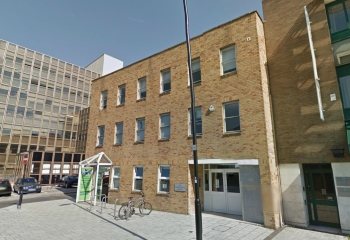
Ever hear the term permitted development but don’t really know what it means? Read on…
Permitted development rights are a national grant of planning permission which allow certain building works and changes of use to be carried out without having to make a planning application. In England, they are set out in The Town and Country Planning (General Permitted Development) Order 1995 (as amended). The legislation is amended on a regular basis and the latest changes came into force on 23rd May 2017.
The legislation is often referred to as the ‘GPDO’ and it contains 4 Schedules. Schedule 2 of the GPDO contains 19 Parts which permit a vast variety of works. The most commonly used permitted development rights are contained within Parts 1-3 and Part 6. Part 1 relates to householder development; Part 2 relates to minor operations; Part 3 relates to changes of use and Part 6 relates to agriculture and forestry.
It is important to note that not all areas have the same permitted development rights for example “Article 2(3) land” which includes conservation areas, areas of outstanding natural beauty and National Parks often has more limited permitted development rights. Local planning authorities may withdraw rights through the use of Article 4 Directions which cover specific areas or by imposing planning conditions on planning permissions relating to individual sites.
Did you know you can convert an office, amusement arcade, casino, storage building, agricultural building, shop, launderette to residential use under Schedule 2, Part 3? The permitted developments are subject to complicated restrictions, for instance they do not apply to listed buildings or within National Parks and applicants are required to make a formal application to the relevant local planning authority for a determination as to whether the prior approval of the authority will be required before starting work. The prior approval process usual relates to matters of highway safety, noise, contaminated land and flood risk.
We have successfully handled many prior approval applications for our clients and secured permission for residential development throughout the country. For instance, we recently secured permission to convert an office into five flats in Ringwood, Hampshire.
There are also more interesting Parts of the GPDO that permit local authorities, statutory undertakers (utility providers) and the Government to undertaken development without having to make a planning application. For instance, did you know Part 19 permits development by the Crown for national security purposes?
If you have any questions about permitted development, or if you have an existing commercial building and would like to pursue a residential development then why not call Pure Town Planning on 01202 585524 or email info@puretownplanning.co.uk for a FREE 30 minute consultation on how we can help you.
